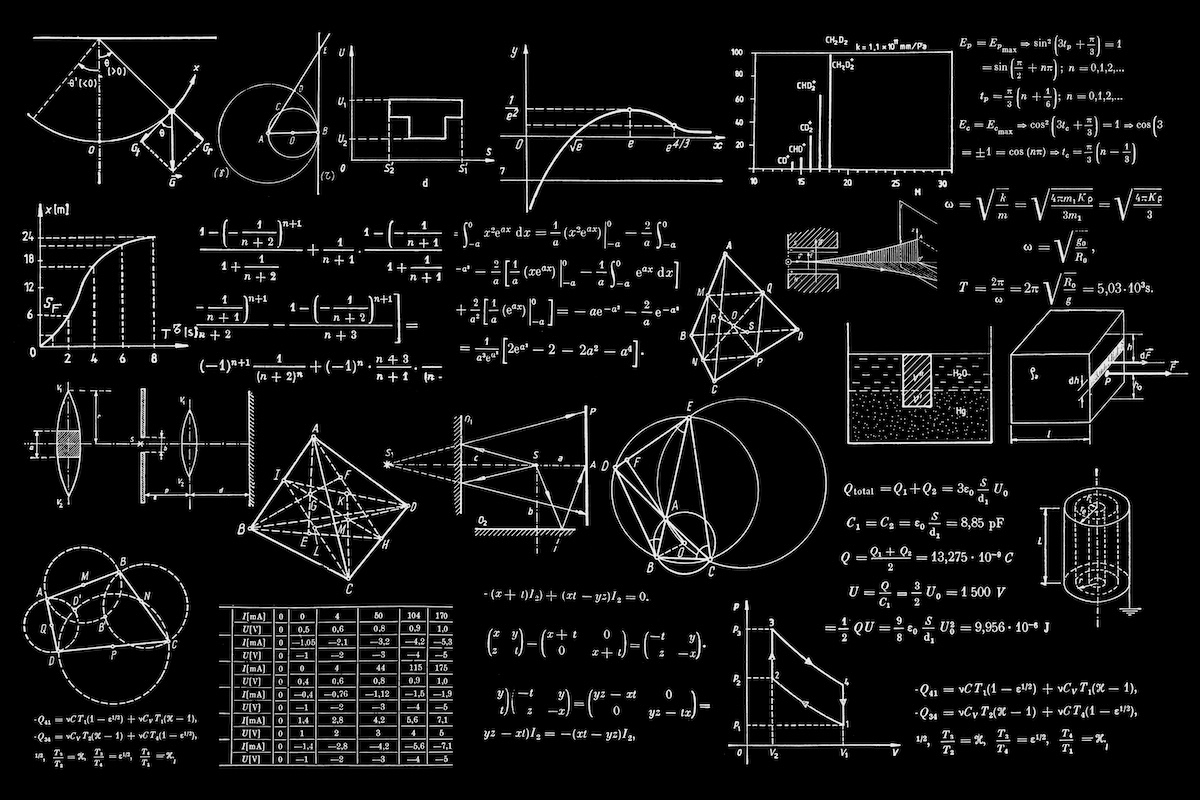Advanced Mathematics: From Algebra to Calculus - Building Strong Foundations
Master the progression from basic algebra to advanced calculus with strategic learning approaches that build mathematical confidence and understanding.

Advanced Mathematics: From Algebra to Calculus - Building Strong Foundations
Advanced mathematics requires a solid foundation and systematic approach to complex problem-solving. Whether you're progressing from IGCSE to A-Level Mathematics or preparing for university-level calculus, this guide will help you build the strong mathematical foundations necessary for success.
The Mathematical Journey
Understanding the Progression
Mathematics is uniquely cumulative - each concept builds upon previous knowledge:
Why Strong Foundations Matter
Mastering Algebraic Foundations
Essential Algebraic Skills
1. Algebraic Manipulation
Master these fundamental operations:
2. Working with Exponents
3. Polynomial Operations
Common Algebraic Mistakes to Avoid
1. Sign errors: Carefully track positive and negative signs
2. Distribution errors: (x + 2)² ≠ x² + 4 (correct: x² + 4x + 4)
3. Cancellation mistakes: (x + 2)/(x + 3) ≠ 2/3
4. Exponent errors: (xy)² = x²y², not xy²
Functions: The Bridge to Calculus
Understanding Functions
A function is a relationship where each input has exactly one output.
Key Function Concepts
Types of Functions
1. Linear: f(x) = mx + b
2. Quadratic: f(x) = ax² + bx + c
3. Polynomial: f(x) = aₙxⁿ + ... + a₁x + a₀
4. Exponential: f(x) = aˣ
5. Logarithmic: f(x) = log(x)
6. Trigonometric: sin(x), cos(x), tan(x)
Function Transformations
Understanding how functions change:
Introduction to Calculus Concepts
Limits: The Foundation of Calculus
A limit describes the behavior of a function as the input approaches a particular value.
Understanding Limits Intuitively
Limit Laws
Derivatives: Rates of Change
The derivative measures how a function changes at any point.
Geometric Interpretation
Basic Derivative Rules
Integrals: Accumulation and Area
Integration is the reverse process of differentiation.
Understanding Integration
Basic Integration Rules
Problem-Solving Strategies
The Four-Step Problem-Solving Process
1. Understand the Problem
2. Devise a Plan
3. Execute the Plan
4. Review and Verify
Advanced Problem-Solving Techniques
1. Working Backwards
Start with the desired result and work backwards to the given information.
2. Pattern Recognition
Look for sequences, symmetries, or recurring structures.
3. Substitution
Replace complex expressions with simpler variables.
4. Graphical Analysis
Use graphs to visualize problems and solutions.
Building Mathematical Intuition
Visualization Techniques
Making Connections
Developing Mathematical Thinking
Study Strategies for Advanced Mathematics
Daily Practice
Effective Note-Taking
Using Technology
Seeking Help
Preparing for Advanced Topics
Calculus Readiness Checklist
Before starting calculus, ensure you can:
University Mathematics Preparation
Common Challenges and Solutions
Challenge 1: Algebraic Manipulation Errors
Solution: Practice basic operations daily and check work systematically
Challenge 2: Function Concept Confusion
Solution: Use multiple representations (graphs, tables, equations)
Challenge 3: Calculus Concept Understanding
Solution: Focus on geometric and physical interpretations
Challenge 4: Problem-Solving Anxiety
Solution: Develop systematic approaches and build confidence through practice
Conclusion
Success in advanced mathematics requires:
1. Solid foundations in algebra and functions
2. Systematic problem-solving approaches
3. Regular practice and review
4. Conceptual understanding beyond memorization
5. Persistence through challenging topics
Remember that mathematical understanding develops over time. Be patient with yourself, seek help when needed, and celebrate progress along the way.
Mathematics is not just about getting the right answer—it's about developing logical thinking, problem-solving skills, and the ability to analyze complex situations. These skills will serve you well in any field you choose to pursue.
---
Need personalized support with advanced mathematics? Contact London Education Centre KSA for expert tutoring in algebra, calculus, and advanced mathematical concepts.
